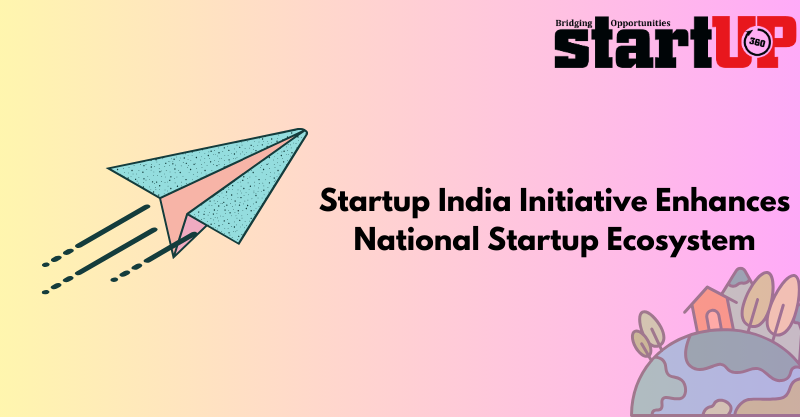Startup India Initiative Enhances National Startup Ecosystem
Key Programs and Benefits:
Startup India Action Plan: Introduced in 2016, this plan consists of 19 action items focusing on “Simplification and Handholding,” “Funding Support and Incentives,” and “Industry-Academia Partnership and Incubation.” It serves as the foundation for the government’s support and incentives aimed at creating a robust startup ecosystem.
Startup India: The Way Ahead: Launched in 2021, this initiative outlines actionable plans to improve the ease of doing business, enhance the role of technology in reforms, and build stakeholder capacities, promoting a digital and self-reliant India.
Startup India Seed Fund Scheme (SISFS): With a sanctioned amount of ₹945 crores for four years starting from 2021-22, this scheme provides financial assistance to startups for proof of concept, prototype development, product trials, market entry, and commercialization.
Fund of Funds for Startups (FFS) Scheme: Established with a corpus of ₹10,000 crores, the FFS aims to meet the funding needs of startups. Managed by DPIIT and SIDBI, it provides capital for early-stage, seed-stage, and growth-stage startups, encouraging domestic investment and reducing reliance on foreign capital.
Credit Guarantee Scheme for Startups (CGSS): This scheme offers credit guarantees for loans to DPIIT-recognized startups, helping them access financing from scheduled commercial banks, NBFCs, and venture debt funds.
Regulatory Reforms: Over 55 regulatory reforms have been introduced since 2016 to ease business processes, capital raising, and compliance burdens for startups.
Ease of Procurement: Central Ministries and Departments are encouraged to relax prior turnover and experience conditions for startups in public procurement, while the Government e-Marketplace (GeM) facilitates the procurement of goods and services from startups.
Self-Certification Under Labour and Environmental Laws: Startups are permitted to self-certify compliance with nine labor laws and three environmental laws for three to five years from incorporation.
Income Tax Exemption: Startups incorporated after April 1, 2016, are eligible for a three-year income tax exemption, provided they obtain an Inter-Ministerial Board Certificate.
Faster Exit for Startups: Recognized startups can wind up operations within 90 days, compared to 180 days for other companies.
Support for Intellectual Property Protection: Startups benefit from fast-tracked examination and disposal of patent applications and are eligible for significant rebates on patent and trademark filing fees.
Startup India Hub: Launched in 2017, this online platform connects startups with investors, mentors, academic institutions, and government bodies, facilitating networking and collaboration.
International Market Access: Through international government partnerships and global events, the initiative helps integrate Indian startups into the global ecosystem.
Startup India Showcase and Awards: These platforms highlight the most promising startups and recognize outstanding contributions to the ecosystem.
National Startup Advisory Council: Established to advise the government on creating a strong startup ecosystem, this council includes members from various sectors.
State-Level Support: The States’ Startup Ranking Framework encourages states to adopt best practices and foster competitiveness in supporting startups.
Special Programs and Schemes: Various programs, such as the Atal Innovation Mission, NIDHI, iDEX, and SAMRIDH Scheme, provide targeted support to startups in specific sectors and regions, promoting innovation and entrepreneurship across the country.
These initiatives collectively aim to reduce barriers, promote innovation, and support startups in navigating the challenges of scaling and market expansion. The government’s comprehensive support has been crucial in positioning India as a global hub for startups and innovation.

